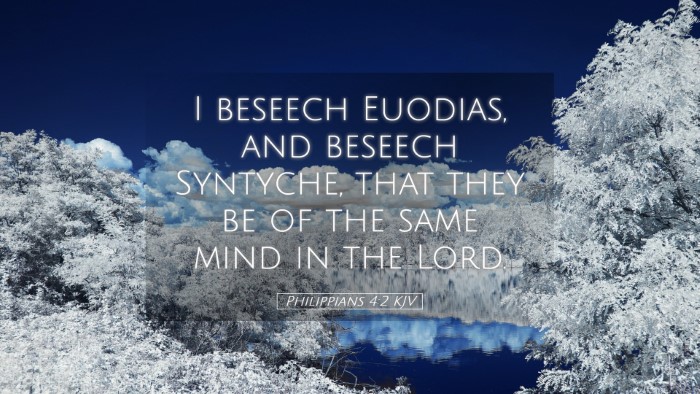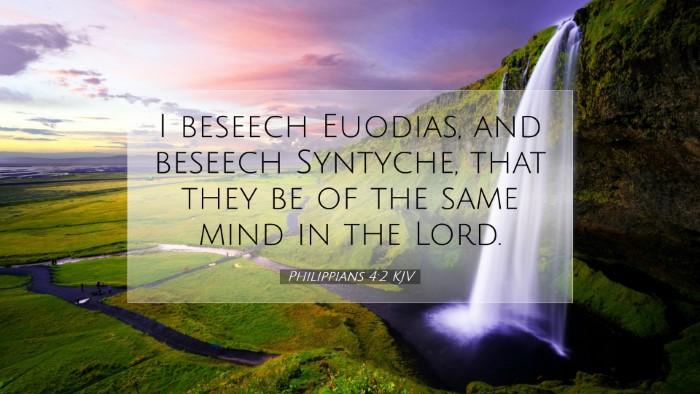Old Testament
Genesis Exodus Leviticus Numbers Deuteronomy Joshua Judges Ruth 1 Samuel 2 Samuel 1 Kings 2 Kings 1 Chronicles 2 Chronicles Ezra Nehemiah Esther Job Psalms Proverbs Ecclesiastes Song of Solomon Isaiah Jeremiah Lamentations Ezekiel Daniel Hosea Joel Amos Obadiah Jonah Micah Nahum Habakkuk Zephaniah Haggai Zechariah MalachiVerse
Philippians 4:1 Philippians 4:2 Philippians 4:3 Philippians 4:4 Philippians 4:5 Philippians 4:6 Philippians 4:7 Philippians 4:8 Philippians 4:9 Philippians 4:10 Philippians 4:11 Philippians 4:12 Philippians 4:13 Philippians 4:14 Philippians 4:15 Philippians 4:16 Philippians 4:17 Philippians 4:18 Philippians 4:19 Philippians 4:20 Philippians 4:21 Philippians 4:22 Philippians 4:23

